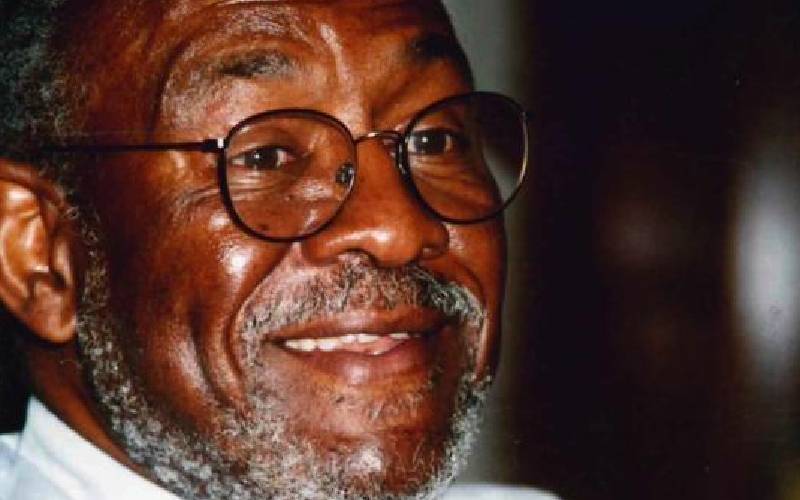×
The Standard e-Paper
Fearless, Trusted News

Barack Obama's special envoy to Africa Johnnie Carson. [Courtesy]
We all remember that before the 2013 General Election, US president Barack Obama's special envoy to Africa Johnnie Carson warned Kenyans that "choices have consequences".